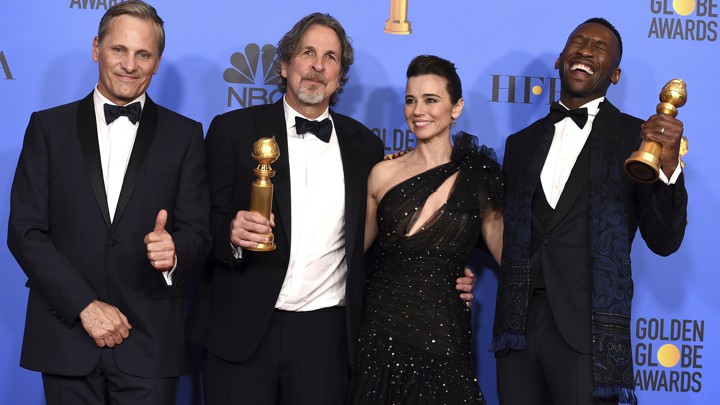To say the event and aftermath of the 91st Academy Awards was eventful would be an understatement. In the build-up, the academy were praised for a diverse list of nominees in all categories, then criticised for cutting certain awards from the broadcast programme. After restoring said categories and following a series of ground-breaking wins during the ceremony it looked like the academy and its voters were the good guys going into the ceremony’s finale. However, it seemed there was a twist in the tale as Green Book was awarded the top prize of Best Picture, causing BlacKKKlansman director Spike Lee to attempt to storm out of the room as well as a displeased glance from Chadwick Boseman to fellow Black Panther star Michael B. Jordan. While the stars partied into the night, the resulting media and public response wasn’t particularly complimentary towards the winning film or the academy itself; many stated that Green Book is the worst ever Best Picture winner, or at least the worst since 2006’s winner Crash, and others claimed that this year’s winner has undone all the good work of the previous diverse list of nominees and winners. Moreover the producer of Green Book, Charles B. Wessler, sent several strongly worded emails, defending the film and the production team, to journalists at NBC and Vanity Fair who slammed the film.
Writing well before the film received its Oscar nominations, Jenni Miller (NBC) wrote how Green Book is a “movie about racism, made by white people for white people” and after the Oscars ceremony she tweeted the email she had received (dated 28th January) from Wessler, while K. Austin Collins (Vanity Fair) also tweeted that he’d received a similar email. In his email to Miller, Wessler proclaimed that “African Americans for the most part LOVE this film” and went on to say “you have a big ASS responsibility to write about the TRUTH when you write for NBC. You on the other hand are writing like a FOX reporter”, and then concluded with “Call me any time for advice”. It’s needless to say that Wessler’s ‘argument’ is hardly convincing and seems to be more of a spiteful attack on a reviewer than a logical and respectable defence of the film.
The film itself has drawn criticism but undoubtedly what has made the situation worse is the Best Picture win. For many this has undone all the good things that happened in the ceremony, on a night that saw several landmark wins such as Hannah Beachler (Production Design) and Ruth E. Carter (Costume Design) becoming the first back women to win Oscars in their categories for their work on Black Panther,and the Best Foreign film Oscar go to a Mexican film for the first time. This sense of an injustice is also prevalent because of the films that Green Book beat to claim the award. The Mexican Netflix film Roma was widely tipped to win the award, but there was also substantial support for Marvel’s Black Panther and Spike Lee’s BlackKklansman, two films that present issues of race in a more front-on and altogether more thoughtful way. There are parallels being made between this Oscars and the 1990 Oscars when Spike Lee’s film Do the Right Thing was controversially snubbed in favour of Driving Miss Daisy, a film similar to Green Book.
Further controversy has also stemmed from the reputations of certain members of the film’s production team. Nick Vallelonga (son of the film’s protagonist Tony ‘Lip’ Vallelonga) who wrote and produced the film, was recently forced to apologise following the emergence of an anti-Muslim tweet from 2015, in which he signals his support for Trump and claims New Jersey Muslims were “cheering” during and after 9/11. Meanwhile the film’s director, Peter Farrelly (whose previous work includes There’s Something about Mary and both of the Dumb and Dumber films), has apologised for sexual misconduct following the discovery of several newspaper articles from the late 1990’s which highlight his and his brother’s “sick pranks”. Most shockingly is Farrelly’s tendency to reveal his penis while in meetings, which he claimed he had done “at least 500 times”.
This kind of controversy only serves to damage the reputation of the film industry. Whilst on a casual viewing Green Book is a nice enough film with some impressive performances from Mahershala Ali and Viggo Mortensen (neither of whom should be criticised for the production team’s choices), an Oscar win for Best Picture sends the wrong message.
Image Credit: Jordan Strauss

